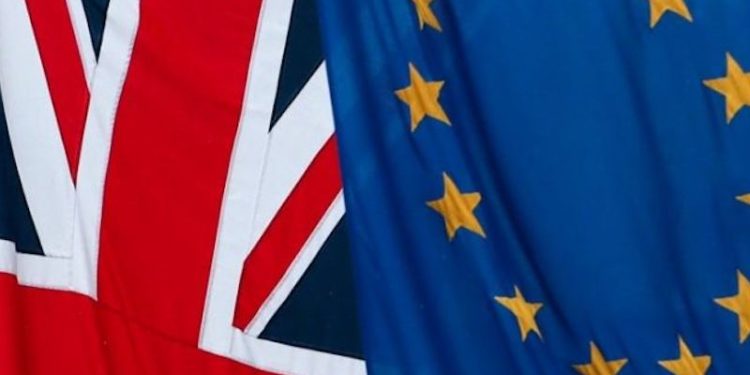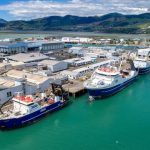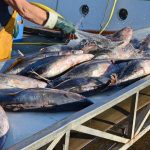There are few people who will be scrutinising sections of the draft EU/UK withdrawal agreement as carefully as fishermen’s organisations on both sides of the Channel and the North Sea.
As could have been expected, there are already loud voices stating that this is an epic betrayal, while others have been more sanguine, and the NFFO has given the draft text its cautious approval, stating that while this is a first step, ‘further challenges lie ahead in securing the actual access arrangements and quota shares consistent with that new status.’
The text stresses the UK’s new position as a coastal state, but also lays emphasis on the need to co-operate and the need to have a full agreement in place by mid 2020.
‘It would be hard to overestimate the seismic significance of this shift,’ the NFFO states.
‘The agreement binds the parties to work cooperatively to ensure that fishing remains within sustainable levels. It concedes, however, that under international law, the UK will negotiate as an independent coastal state, with the rights and responsibilities of that new status under UN Law of the Sea.’
The NFFO states that the EU, in its initial negotiating mandate, made clear that it would seek to make an agreement on a future EU/UK trade deal contingent on maintaining existing access to fish in UK waters and status quo on quota shares.
‘The explicit reference to future fisheries negotiations between the UK and EU taking place within the context of the overall economic partnership, signals that this is where the EU will seek to maintain its negotiating leverage, albeit with a much-weakened hand to play,’ an NFFO spokesman said.
While the NFFO, representing much of the fishing sector south of the border, has extended a cautious welcome to the draft, it’s noticeable that the Scottish Fishermen’s Federation’s immediate reaction has taken a harder line, stating that clarity is already being sought on the proposed new fisheries agreement over concerns about any potential linkage between access for EU vessels to UK waters and tariff-free access for UK seafood suppliers to the EU market.
For Britain’s Prime Minister to get the agreement through cabinet is a first step, but this remains a very long way from being a done deal, and a concrete deal is still some way off. This draft can be seen as a starting point and a declaration of intent, but with a huge amount of detail still to be worked through – much of it potentially against significant opposition.
Fishing remains a significant issue, despite the relatively modest size of the fisheries sector – and the UK government with its wafer-thin majority in Parliament has already been given a warning that a handful of votes against the government’s by MPs representing disgruntled fishing communities could bring everything to a crashing halt once Parliament is given a chance to vote on it.









